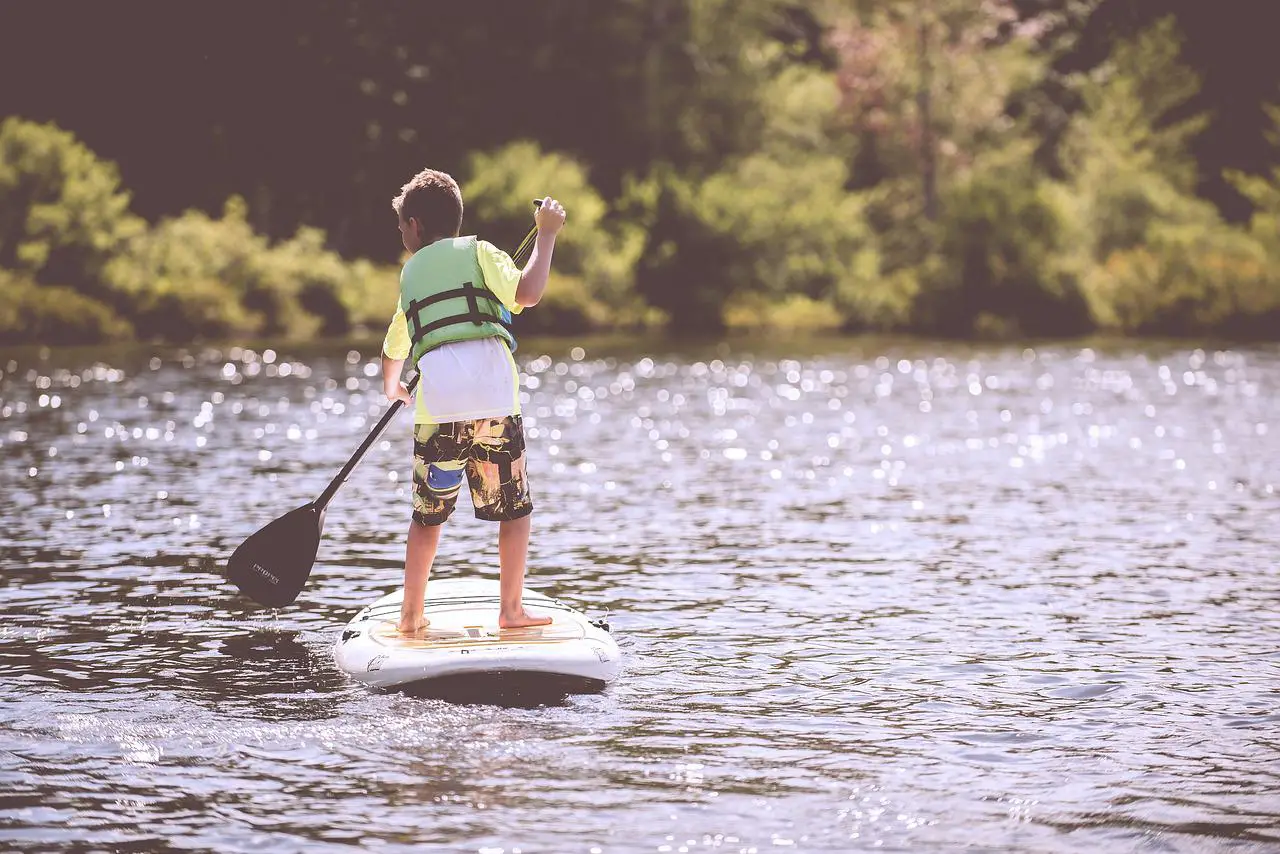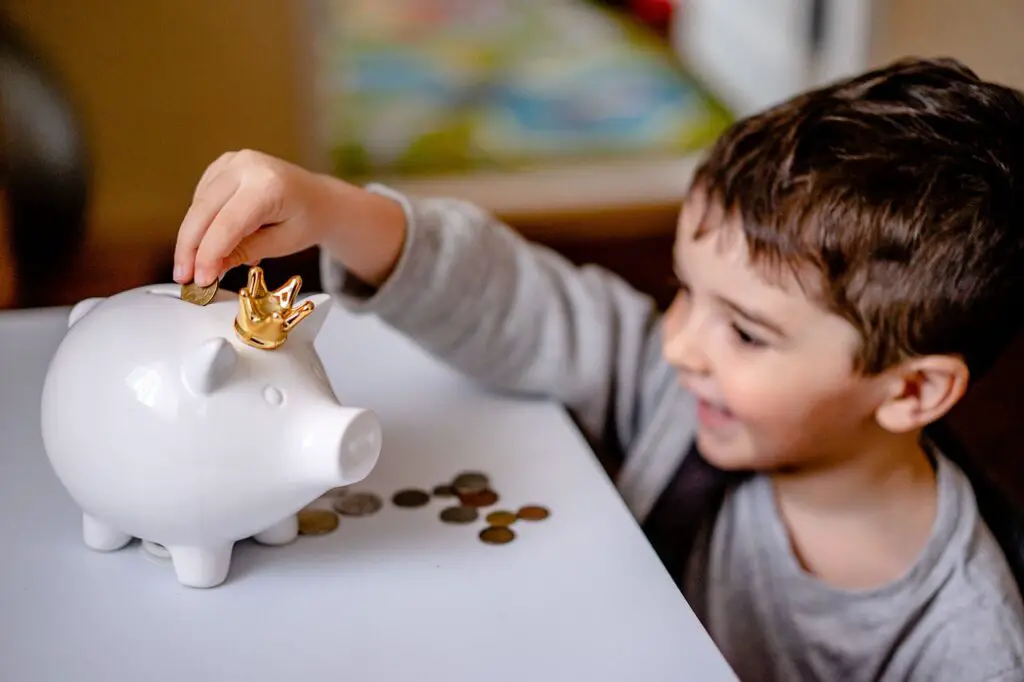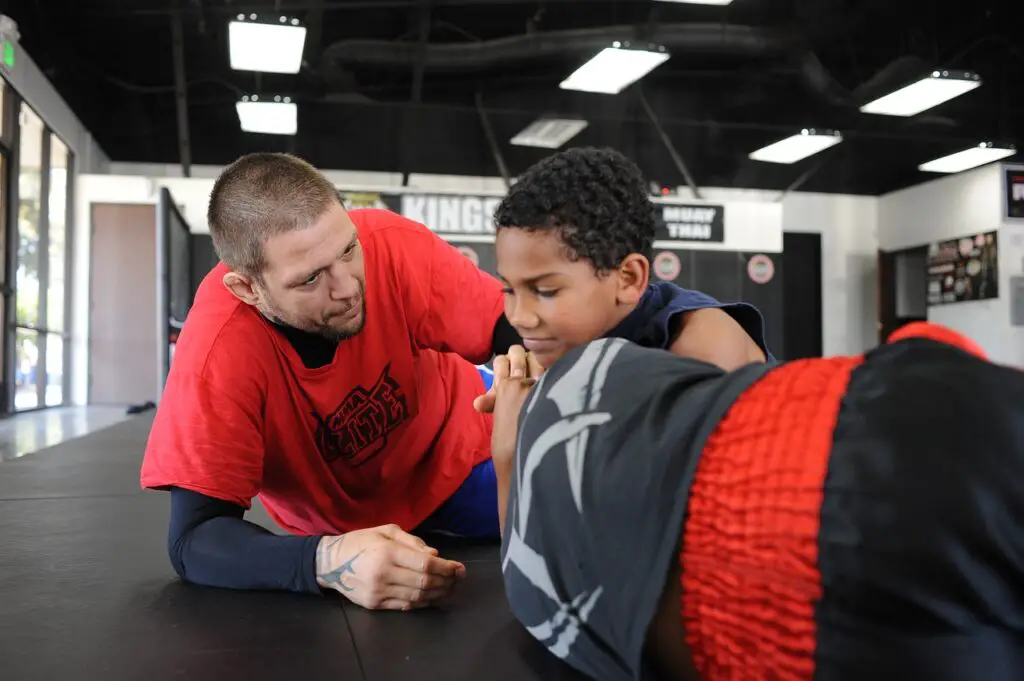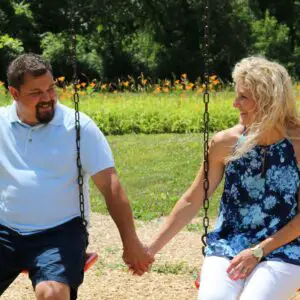
When looking at the life skills by age chart, it’s easy to become disheartened if our kids have fallen behind what is developmentally expected of them at a certain age. The good news is that it’s never too late to start teaching our children these valuable lessons by doing simple life skills activities at home.
Teaching children the life skills they need is vitally important if they function successfully as adults. These lessons, if learned now, give them a head-start on their peers who may not have had the same advantage. If they learn healthy skills and habits early, they will be far ahead of the pack and ready to face the challenges of life head-on.
Life Skills for Kindergarten & Elementary School
Don’t underestimate what your child can learn, even at a very young age. Becoming a self-reliant adult is a journey that begins with children imitating the critical people in their lives.
One of the greatest gifts you can give a young child is to be an excellent role model.
Kindergarten-aged children learn most through play and imitation. There are a variety of fun activities you can do with your kids today that are effective and easy to understand. These games may seem trivial, but they contain lessons for living that all children must learn early when they are not overwhelmed by schoolwork and extra-curricular activities.
Ensuring that they know the basics of manners, how to dress and undress, tying shoelaces, washing their hands, self-control, putting away their things, and combing their hair are easy to teach and simple to understand.
Top Tip: Keep it fun! A great example is to teach kindergarten-aged children hygiene with an entertaining and engaging song that gets them laughing.
Once they have graduated from kindergarten, they can start learning life skills activities for elementary students. These skills are, by definition, a little more subtle and need to be taught when they are age appropriate.
Life skills for 8-year-olds will be pretty different from the life skills for 10-year-olds concerning the concepts they should be learning. Also, don’t rely entirely on the generic milestones you think your child should be reaching. Children learn at different paces, and it’s essential to not be too hard on them at this age.
Once your child has completed elementary school, they should be able to groom themselves independently, complete chores around the home, prepare simple meals, serve themselves at the table, understand dangerous items, be able to call for help, understand traffic, be wary of strangers, and manage their own money.
These are just the basics. If your child can handle more complicated concepts, it’s a great idea to teach them those.
Top Tip: Budgeting is a lesson many adults fail to grasp, even late in life. Having healthy practices around your children’s allowance, including firm boundaries and consequences, goes a long way to ensure this doesn’t happen to them.

Teaching life skills in primary school is much easier if we have taken the time before they arrive to show them discipline and self-control. Again, making these lessons fun and engaging is simple, and they will learn much more quickly with this approach.
Ensuring that they have not fallen behind before they arrive in high school means their full attention can be paid to the importance of the work they will be doing when they’re older, and the pressure is on.
Life Skills for Students
Often young people lack the skills they need when ready to leave the family home. This can be problematic as the bad habits they may have learned when they were young can be hard to break, leading to difficulties for them.
If students are open-minded and conscientious, these more demanding and mature life skills are the ones they will use the most when entering adult life.
Unfortunately, it may be too late if you’ve waited to begin these lessons. Starting as early as possible while considering your child’s maturity is the best way to ensure they don’t fall victim to poor habits.
When your children are ready to ‘fly the nest,’ they should be able to have integrity and practice honesty, excel at value-based decisions, keep social commitments, communicate effectively, accept people different from them, resolve conflicts amicably, demonstrate resilience, have a sense of purpose, practice good self-care, and be solution-oriented.
Top Tip: Martial arts are great for teaching discipline and self-control. Don’t worry if your child isn’t engaged with them. Any sport or activity that requires practice and presence to be enjoyable will teach your child many of the skills we have spoken about. As a bonus, martial arts will allow your kids to defend themselves if they need to.

Final Thoughts
Parenting can feel like a thankless task, especially when dealing with a recalcitrant teenager! If we prioritize their education in the home by teaching them the top life skills for kids, we are doing the best we can.
Relying on teachers and other adults for this often leads to gaps in their skills that are almost impossible to remedy once they have been ingrained.
Financial responsibility will never come quickly to a young adult who was never taught the value of money. A lazy child will not easily transition to an adult life that requires hard work if everything they ever wanted has been given to them on a platter.
These examples may seem frivolous, but they are all too important. We all know people who have reached middle age without these skills, and it can be sad to see.
By recognizing what skills are best taught at any age, where the gaps in our own children’s understanding lie, and their unique talents and abilities, we give them the absolute best chance at a life filled with purpose and joy.






